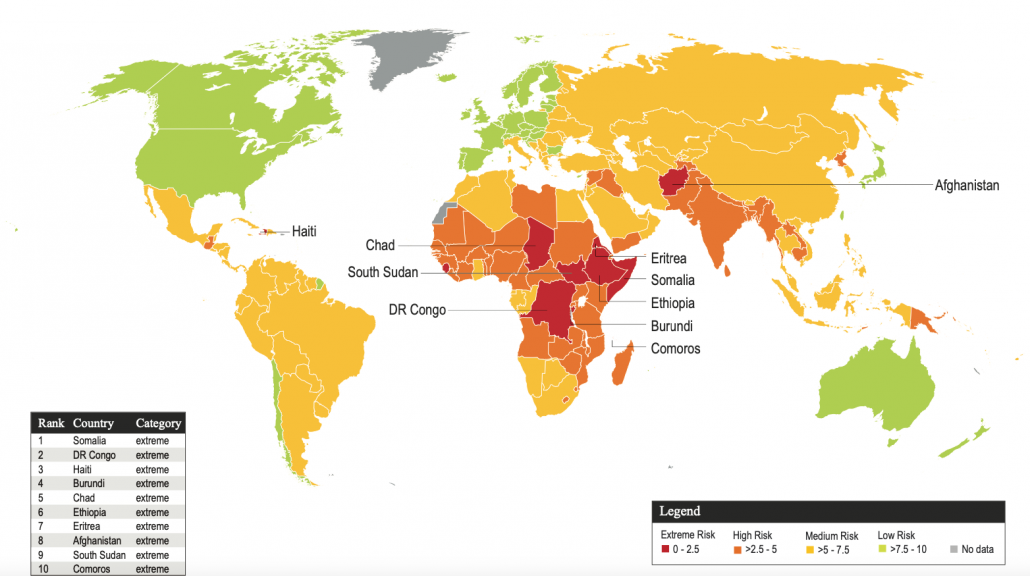
Eating a balanced diet is important for weight loss. To lose weight, you can include fiber-rich, healthy, low-fat, high-protein foods in the daily meal plan. Here are some great plant-based foods that can help you lose weight. This topic is covered in detail. Make sure to incorporate these meals into your regular diet. These recipes can be made quickly! So get started today!
Plant-based diets aid in weight loss
Plant-based eating has many advantages. It is a diet low in animal products but high in plant foods. Plant-based foods include lots of fruits, vegetables beans, seeds and nuts. They provide vital vitamins and nutrients that support the immune system. These foods contain antioxidants which support your body’s natural ability to fight disease. Additionally, plant-based meals reduce your risk of heart disease.
You should choose meals made from plant-based ingredients for weight loss. This means that there are fewer artificial and preservative-laden ingredients. It is important to be able to identify the ingredients in prepared foods. This way, you'll avoid any dietary errors. Also, you'll be less likely to eat too many calories. Additionally, plant-based food is more filling and satiating than processed foods which can lead to weight gain.

Diets rich in fiber
Your health and goals will determine how much fiber you consume. Ideally, your diet should include a wide variety of nutrient-dense fruits and vegetables, whole grains, and lean protein sources. To help you start this new diet, a shopping list is helpful. No matter how fiber-rich your diet is, weight loss can be achieved with a balanced diet. Here are some recommendations:
Fiber is easily available and offers many health benefits. According to U.S. dietary guidelines, adequate fiber intake should be between 25-28 grams for men and 36g for women. Many people aren’t getting enough fiber. Smart swaps can help you increase your fiber intake. Many foods are high in fiber and many are delicious. It's okay to eat them, but not guilt-inducing.
Low-fat
While low-fat foods may seem like a better way to lose weight, there are many factors that should be considered before embarking on a diet. For starters, a low-fat diet may lead to an imbalanced diet that can increase your risk of heart disease. Those who follow a low-fat diet will likely eat more carbohydrates than protein, and may be missing out on vital nutrients. The USDA recommends that adults eat between 45 and 65 per cent of their calories from carbs, and less then 25 percent from protein.
Fruits and veggies are natural low-fat foods. These foods are the best for a low-fat diet. You should also avoid processed foods that have high amounts of saturated fat. Manufacturers often add these types of fat to foods to increase their shelf life, but they are bad for your health. Also, high levels of saturated fats can lead to an increase in cholesterol, which could increase your risk for heart disease. For weight loss, avoid processed foods and choose whole, low fat, or fat free versions.

High-protein
Your diet will affect how much protein your body requires to lose weight. You should also choose leaner proteins over products high in saturated oil. Combine your protein with vegetables and fruits. Add some protein powder to your morning drink. You can also add protein powder to your morning smoothie if you don't know how much protein you should consume.
Protein-rich meats and poultry are great sources. They are filling and satisfying. These foods are also rich in minerals and iron. Meats actually contain more protein per gram than any other food. A cup of turkey breast or chicken breast has about 25g protein and only 120 calories. And low-fat cottage cheese has 28 grams of protein per cup. High-protein foods aid weight loss
FAQ
How to Make an Exercise Plan?
First, create a routine. It is important to plan what you will do each morning and how much time you will be doing it. This helps you plan and prevents procrastination.
Second, make sure that your workouts are varied. You don't want your exercise to be monotonous.
Keep track of your progress. It's important that you keep track of the weight you have gained or lost over time.
You can lose weight quickly if you do not gain weight. However, it's much harder to stay motivated when you gain too much weight.
You should find a balance between weight gain and weight loss. You won't be able to exercise if your current weight is not comfortable.
How much weight can you lose in one week?
Your body fat percentage determines how much weight you are able to lose. To begin, you need to determine how much weight that you would like to lose. Next, find your BMI (Body Mass Index). Your BMI indicates how much weight we should lose to achieve our goal. If your BMI is 25 or greater, you're overweight. If your BMI exceeds 30, you may be obese.
If you are 200 lbs, your BMI will be 28.7. To drop to a healthy range of weight, you will need to lose approximately 70 pounds. To see if you're overweight, visit www.healthyminds.com/bmi/.
Once you know your BMI, you can use this formula to figure out how many pounds you'll lose per week:
(Your Goal Weight - Current Weight)/BMI * 7 Number Of Pounds Lost Per Week
To lose 50lbs in a month you will need 2 weeks worth of exercise. This equals 56 days. Then, divide that by 7 pound per day. That works out to 8.3 pounds lost per week.
You could also try this calculator from www.weightlosscalculator.net. This calculator gives you an estimate of how many calories are needed to lose 1 pound per day.
Can I eat fruits during intermittent fasting?
Fruits are great for you. They contain vitamins, minerals, fiber and antioxidants. However, they also contain sugar which can cause blood glucose levels to spike. This can cause insulin resistance and weight gain. You can lose weight by following an IF diet. Make sure to eat low glycemic fruits like apples, pears and berries.
Are there side effects to intermittent fasting
There are no known negative side effects of intermittent fasting. If you don't plan well, you may experience minor issues.
You might feel irritable if you skip breakfast. Other symptoms include headaches, dizziness and fatigue as well as muscle cramps.
These symptoms usually disappear within a few days.
What effect does intermittent fasting have on my sleep?
Yes, intermittent fasting does affect your sleep. Your hunger hormones can rise if you skip meals. You might find yourself awakened at night due to your hunger hormones.
This is why most experts recommend skipping breakfast. Instead, they suggest having a light snack before bedtime.
If you are still hungry after your snack, you can eat a small dinner right before you go to bed.
Be careful not to overeat. If you do this, you might gain weight instead of losing it.
Statistics
- It's estimated that half of all American adults attempt to lose weight every year (1Trusted (healthline.com)
- According to Harvard Health, it's estimated that a 155-pound (70-kg) person burns roughly 112 calories per 30 minutes of weight training (5). (healthline.com)
- According to a study sponsored by the American Council on Exercise, a person weighing around 140 pounds (64 kg) would burn 108 calories at a 30-minute beginner's Pilates class or 168 calories at an advanced class of the same duration (26). (healthline.com)
- Another study found that 24 weeks of weight training led to a 9% increase in metabolic rate among men, which equated to burning approximately 140 more calories per day. (healthline.com)
External Links
How To
How do I lose belly fat fast?
It's not easy to lose belly weight. It takes hard work. But if you follow these tips, you will definitely see results.
-
Healthy Food It is essential to eat healthy food. You should eat fruits, vegetables, whole grain, lean protein, nuts, seeds and legumes as well as fish, poultry and eggs. Avoid junk food.
-
Drink Water. Water keeps you hydrated and makes you feel fuller for longer periods. Make sure you drink lots of water every day.
-
Cardio exercises can help you burn more calories and increase your muscle mass. Cardio exercises can help you lose more calories and increase muscle mass. They also boost your metabolism and improve your heart condition. Try to do 30 minutes of cardio exercise daily.
-
Get enough sleep. Healthy sleep is essential for good health. A lack of sleep can lead anxiety and stress that can then be exacerbated by unhealthy habits like smoking and drinking.
-
Reduce Stress. Stress has a profound effect on brain chemistry as well as hormonal levels. Cortisol, a hormone which increases hunger pangs as well as cravings to eat high-calorie foods, is released when we're stressed.
-
Regular breaks are important. Take regular breaks throughout the day. Take a break and go outside to walk or take a nap. Doing so will give your mind and body the time they need to unwind and recover.
-
Avoid Alcohol Consumption. Avoid alcohol consumption. It is high in empty calories and slows down your digestion. You should avoid alcohol if your goal is to lose belly fat.
-
Have Fun